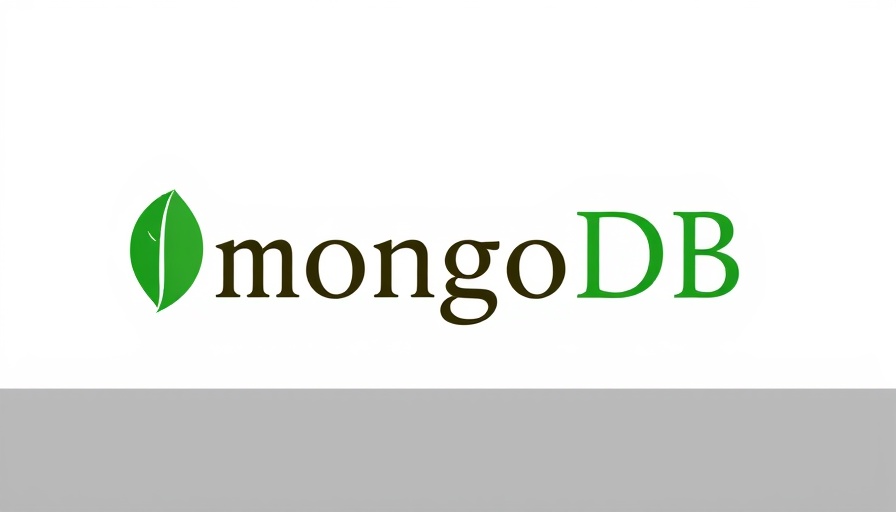
MongoDB Steps into Africa’s Thriving Tech Arena
MongoDB, renowned for its global presence in database management, is charting new territory by officially entering Africa, beginning with Nigeria. This move aligns with the continent’s burgeoning digital economy, expected to reach $100 billion. Collaborating with Tier 5 Technologies, a key IT player in West Africa, MongoDB aims to establish a supportive foundation for tech growth in Nigeria.
Why Nigeria? The Heart of Africa's Tech Industry
Nigeria’s vibrant tech landscape, with its $10 billion industry and dynamic banking sector, makes it an ideal launchpad for MongoDB. Home to a vast developer community, its challenges and triumphs uniquely position Nigeria at the forefront of Africa’s digital transformation. As the population continues to embrace technology, international investments are pouring in, paving the way for innovation to flourish.
Empowering Development Through Local Partnerships
Through its partnership with Tier 5 Technologies, MongoDB hopes to provide both enterprise-grade features and localized support to its clients. Afolabi Bolaji, Tier 5’s Director of Sales, expressed enthusiasm, stating, “This isn’t just a reseller deal; we believe MongoDB will power the next generation of African innovation.” Such partnerships are crucial in enabling local businesses, from agile fintech firms to established banks, to leverage modern data management capabilities.
A Future Transformed by Technology
As Mahmoud Thakeb, MongoDB’s Regional Head for Africa, notes, this entry marks a pivotal point for the company to foster a thriving tech ecosystem in Nigeria. By democratizing access to sophisticated technology, MongoDB aims to ensure that African developers can compete globally, much like their counterparts in tech hubs like San Francisco.
Unlocking the Potential of AI and Automation in Africa
This strategic expansion is not just about entering a new market; it’s about embracing the transformative power of AI, automation, and digital financing in Africa. In doing so, MongoDB is not merely providing a product but is instead offering tools that will enable local startups to innovate, providing the necessary infrastructure to navigate Africa’s unique challenges in tech adoption.
Taking Action: Join the Digital Revolution
MongoDB’s venture into Africa invites entrepreneurs, investors, and industry leaders to rethink how they engage with the African tech ecosystem. Businesses poised to capitalize on this opportunity can pioneer solutions that address local needs while contributing to the continent’s digital future. Explore how you can join this movement and make an impact in Africa’s rapidly evolving tech landscape.
 Add Row
Add Row  Add
Add 


Write A Comment